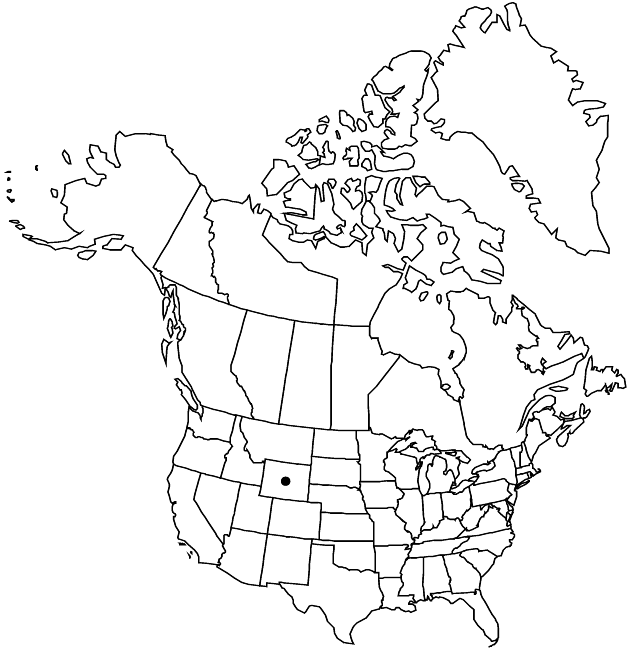familyAsteraceae
genusArtemisia
subgenusArtemisia subg. Tridentatae
speciesArtemisia tripartita
subspeciesArtemisia tripartita subsp. rupicola
Difference between revisions of "Artemisia tripartita subsp. rupicola"
Rhodora 61: 82. 1959.
Treatment appears in FNA Volume 19. Treatment on page 518.
FNA>Volume Importer |
imported>Volume Importer |
||
| (One intermediate revision by the same user not shown) | |||
| Line 46: | Line 46: | ||
|publication year=1959 | |publication year=1959 | ||
|special status= | |special status= | ||
| − | |source xml=https:// | + | |source xml=https://bitbucket.org/aafc-mbb/fna-data-curation/src/2e0870ddd59836b60bcf96646a41e87ea5a5943a/coarse_grained_fna_xml/V19-20-21/V19_883.xml |
|tribe=Asteraceae tribe Anthemideae | |tribe=Asteraceae tribe Anthemideae | ||
|genus=Artemisia | |genus=Artemisia | ||
Latest revision as of 20:57, 5 November 2020
Shrubs, 5–15 cm. Leaves 1.5–3.5 × 1–2 cm; lobes lanceolate, 1–1.5 mm wide. Heads in paniculiform arrays (5–)8–12(–15) × (0.5–)1–3 cm. Involucres 2–4 × 1.5–3 mm. Florets 3–11. Cypselae 1.8–2 mm.
Phenology: Flowering early–late summer.
Habitat: Shallow rocky soils, grasslands
Elevation: 2500–2900 m
Discussion
Subspecies rupicola is known only from the high, windy plains of south-central Wyoming. The continental divide separates subsp. tripartita to the west and subsp. rupicola to the east. Because of its limited distribution and scant representation in herbaria, this distinct morphologic form escaped notice until it was described in 1959. Its dwarf habit and ecology distinguish it from subsp. tripartita.
Selected References
None.
Lower Taxa
None.
